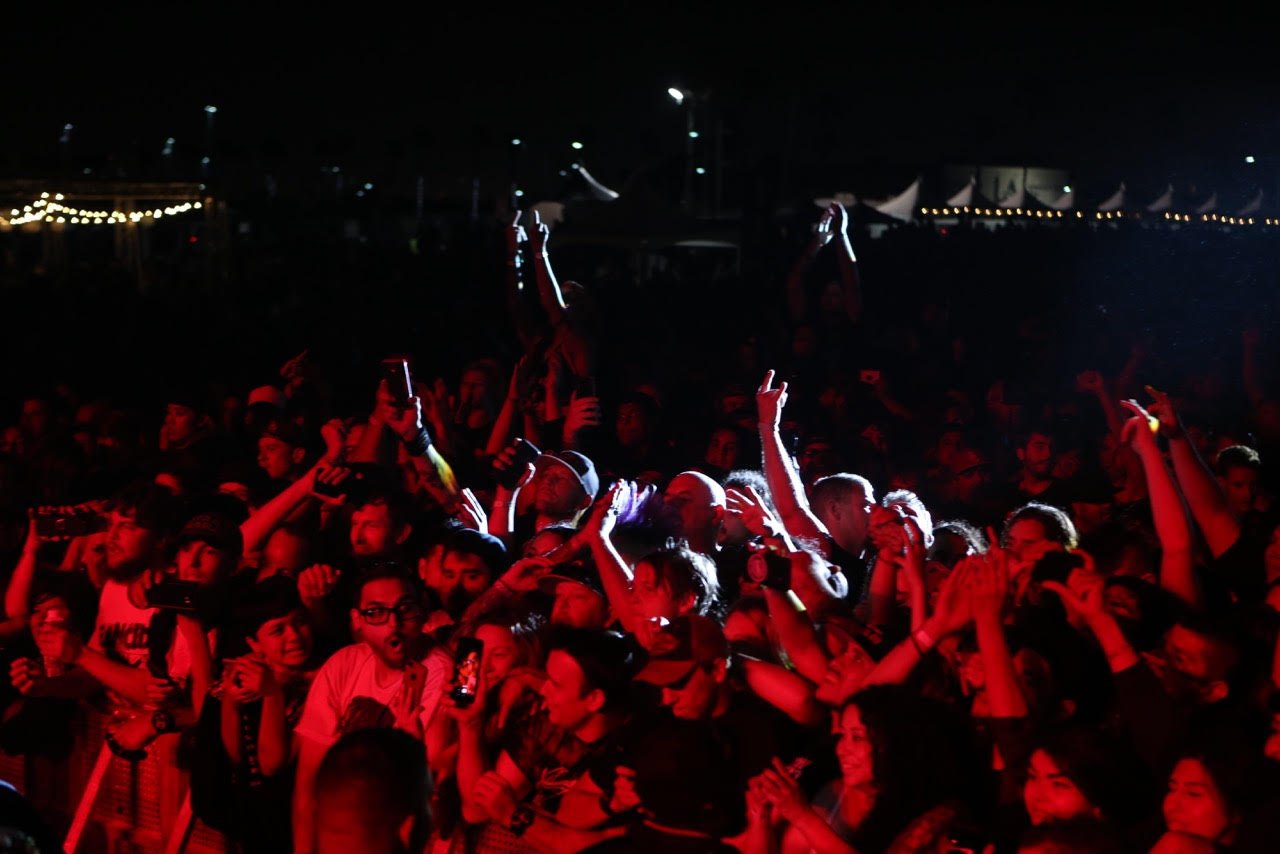


DARIUS KOSKI
BIOGRAPHY
The list of punk frontmen gone solo is an extensive one, and it seems to grow exponentially each year. It’s no surprise, really: More and more bands find it difficult to survive on the road, forcing singers to continue on with nothing more than an acoustic guitar as a way to pay the bills if nothing else. But that’s not the motivation behind Darius Koski’s debut solo album. Koski is best known as the guitarist/vocalist of well-respected San Francisco street-punk band Swingin’ Utters, a group formed in 1998 and one he joined in 1990 and has been a permanent fixture in ever since. It’s not like the Utters have been slowing down, either: The band have released three full-lengths in the past four years and recently completed a tour of packed houses with Lagwagon. No, it’s not out of financial necessity or declining relevance that Koski is releasing Sisu. He’s releasing it because he has to.
“Honestly, I’ve been writing songs in this general style for as long as I’ve been writing songs. I have more songs like this than I do punk rock songs,” he begins. “I’ve been wanting to have an outlet for it for so long—for longer than I’ve been with the Swingin’ Utters, basically. And I just hadn’t done anything with it. I didn’t really know how I was going to release it, I hadn’t done much live, I have problems remembering lyrics… So I’ve been putting it off for so many years, but it’s finally coming together, and I’m thrilled about it. I’m totally going to go for it.”
-
Unlike most solo records from singers of punk bands, Sisu is a stylistically diverse and decidedly un-punk affair: The album shifts between stripped down roots music (“Tension Tank”) and honky tonk (“Show Me The Way”) to wispy, accordion-driven instrumentals (“Sidewalk Serenade”), subdued lounge-pop (“Empty Thing”) and folk (“On Leaving”), leaving very few musical stones unturned. The album’s roots date back to 1999, when Koski wrote two of Sisu’s standout tracks, “The Sound Of Waves” and “Contacts And Contracts,” but it wasn’t until somewhat recently that the musician was motivated enough to assemble the project.
“I’ve been seriously really frustrated and tortured about this for a really long time, and I was procrastinating to the point where it really got depressing,” he admits. “I’ve been meaning to do something for the last seven or eight years.”
Koski reached out to fellow punk lifer Kevin Seconds, who himself had embarked on a solo journey in recent years. “He was a sweetheart,” Koski says. “I was just like, ‘I don’t know what to do!’ and he just sent me a super-long, rad email with advice. It was totally cool.”
Of course, just because Koski had paid his punk rock dues didn’t make the doors open any quicker. “I was sending demos to people who are friends of mine who own record labels or are important people at record labels, and I really wasn’t getting any responses back—nobody seemed to be interested. Even Fat Mike wasn’t interested at first. I was like, ‘What the fuck, Mike!’” Koski remembers with a laugh.
Eventually, Fat Mike came around on Sisu thanks to the sheer strength of Koski’s songwriting, which has an appeal far beyond punk’s frequently closed borders. “As much as I love punk rock and I’m never gonna stop playing it, I really like the fact that I finally made a legitimate record on a label that’s recorded well that’s accessible to what I would consider ‘normal people,’” he says. “My parents love it. They’re really stoked.”
It’s fitting Koski’s parents enjoy the album, as its title was inspired by his father, a Finnish immigrant. “Sisu” is a Finnish word untranslatable to English, but is most commonly considered to represent the idea of perseverance and never giving up despite the odds. For Koski, a classically trained violinist since age 5 who despite a nearly three-decade career in punk still finds himself working as a plumber to make ends meet in between tours, the word speaks volumes. “I’ve been in Swingin’ Utters for 25 years now, touring a lot of that time, and never really been able to have that as my job,” he says. “I’ve always had to work when I come home from tour, which I hate. But I think it takes a certain amount of guts and perseverance not to give up.”
Sisu represents Koski as his most honest and true, and it’s no surprise that it allows him to admit what he really wants in life. “The only goal I have left in my life is I don’t want to have a day job anymore,” he concludes. “I’ve never wanted to have a day job. I just wanna be a musician, because that’s what I am, and I think I’m good at it. If I could survive on solely writing songs, that’s my life’s goal. That’s all I want. That’s all I want in my life.”
PROMOTER MATERIALS
CONNECT WITH DARIUS
WEBSITE
MEDIA











